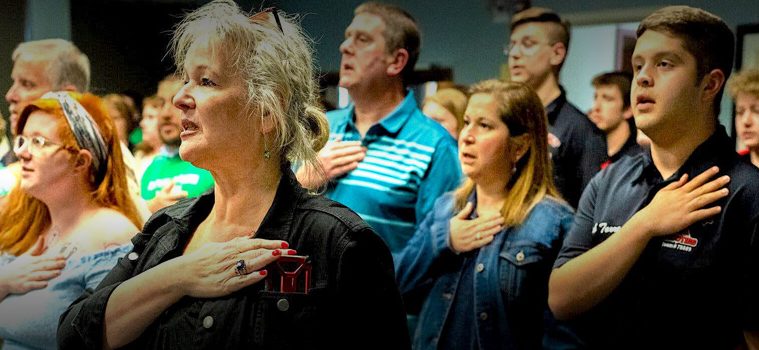WHO’S MORE CRAZY? –
June 5, 2022 – In March, Killingly’s board members rejected the plan by a vote of 6 to 3. After that, dozens of supporters of the clinic filed a complaint with Connecticut’s Board of Education, asking the state to “investigate and take corrective action.”Since then, Killingly’s school board meetings have become a battleground for competing views on mental health, exposing divisions that are both partisan and generational. Teenagers have picketed on the well-manicured town common, where petunias grow around a memorial to the Civil War dead, with signs reading “14.7 PERCENT HAVE MADE A SUICIDE PLAN” and “TALK TO YOUR CHILDREN ABOUT MENTAL HEALTH.”
Standoffs like the one in Killingly are being watched apprehensively by mental health advocates. During the pandemic, the mental health of children shot to the top of the agenda for both political parties. School-based services, which studies suggest can significantly decrease suicidal behavior and substance abuse, have emerged as a first-line policy response.
Over the last year, legislators in more than 30 states have considered an expansion of school-based services, according to Inseparable, a mental health policy group, and eight states, including Connecticut, have passed legislation to do so. Before the services reach students, though, they must be embraced by American communities.
In Connecticut, which already has more than 100 school-based health clinics, Killingly is an outlier. But lawmakers and conservative activists have targeted mental health curriculum in several states, often taking aim at social and emotional learning programs, known as SEL, which train students to manage emotions and practice conflict resolution. Lawmakers in Indianaand Oklahoma have put forward bills that would limit the use of SEL in the classroom.



